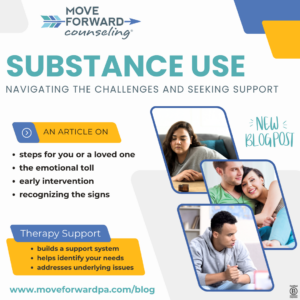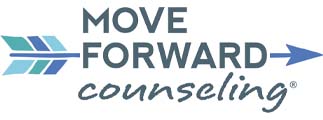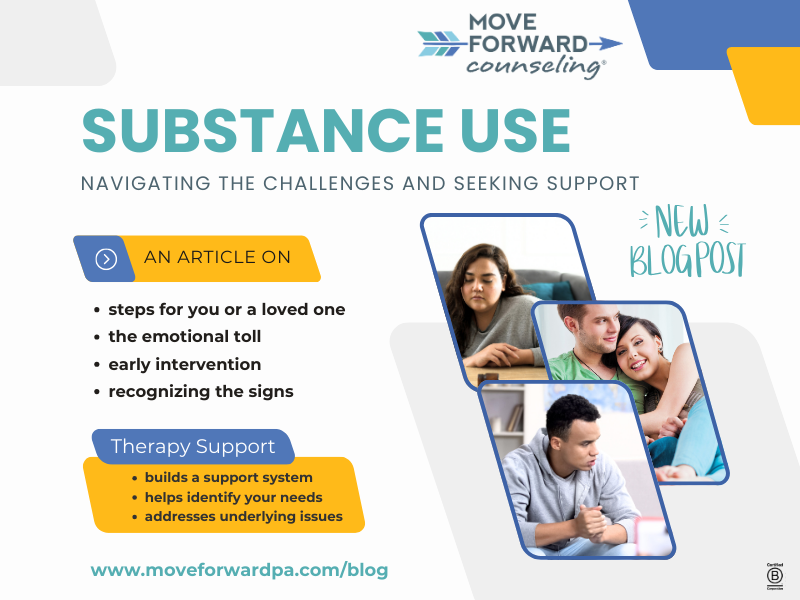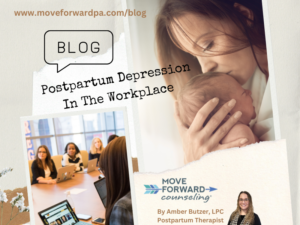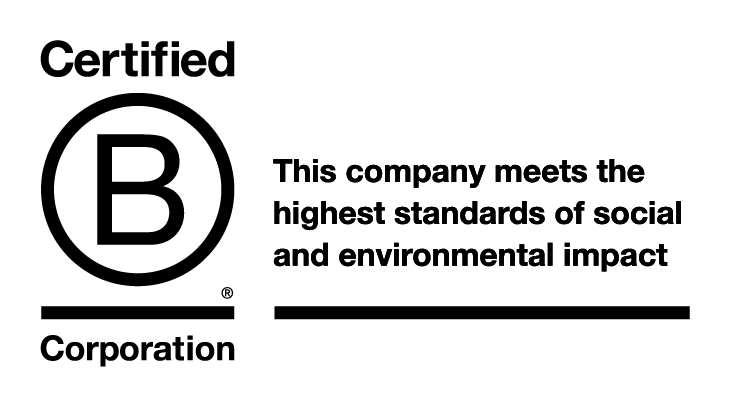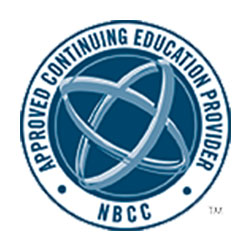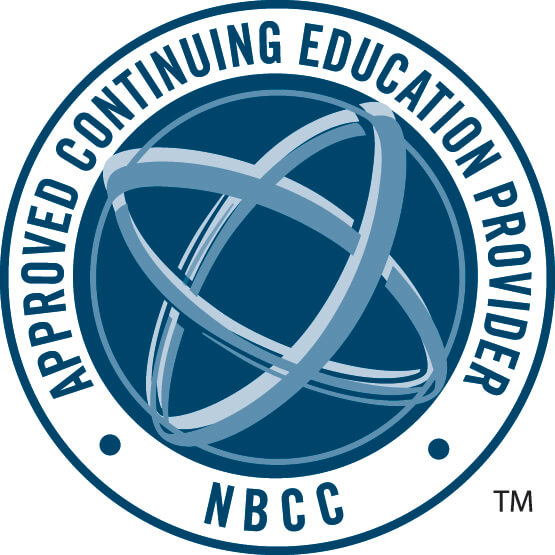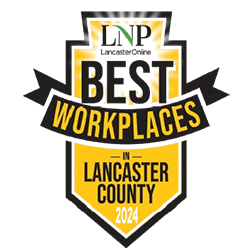Substance Abuse: Navigating the Challenges and Seeking Support
Understanding Substance Abuse
Substance abuse is a pervasive issue affecting people from all walks of life. It can begin innocently, perhaps as a way to relax or fit in, but it can quickly spiral into a serious problem. The journey from occasional use to dependence is often subtle and insidious, making it challenging for individuals to recognize the severity of their situation until it’s potentially too late.
Recognizing the Signs of Substance Abuse
It’s crucial to recognize the signs of substance abuse early to seek help and prevent long-term consequences. Some common indicators include:
- Increased Tolerance: Needing more of the substance to achieve the same effect.
- Withdrawal Symptoms: Experiencing physical or emotional symptoms when not using the substance.
- Neglecting Responsibilities: Failing to meet obligations at work, school, or home.
- Isolation: Withdrawing from social activities and relationships.
- Continued Use Despite Consequences: Persisting in substance use despite negative impacts on health, relationships, or job performance.
The Emotional Toll of Substance Abuse
Substance abuse not only affects physical health but also takes a significant toll on emotional well-being. Feelings of guilt, shame, and hopelessness often accompany addiction, making it even harder to seek help. The emotional rollercoaster can lead to strained relationships and a sense of isolation.
The Importance of Early Intervention
Early intervention can make a significant difference in the journey to recovery. The sooner the issue is addressed, the better the chances of overcoming addiction and minimizing long-term damage. Early intervention programs, counseling, and support groups can provide the necessary resources and guidance to start the path to recovery.
Steps to Take If You or a Loved One Is Struggling
Acknowledge the Problem
The first step towards recovery is acknowledging that there is a problem. Denial is a common barrier to seeking help, but recognizing the issue is crucial for taking the necessary steps towards recovery.
Seek Professional Help
Professional support can make a significant difference in overcoming substance abuse. Therapists, counselors, and addiction specialists can provide the tools and strategies needed to manage cravings, address underlying issues, and develop healthier coping mechanisms.
Build a Support System
Having a strong support system is vital for recovery. Friends, family, and support groups can offer encouragement, understanding, and accountability throughout the journey to sobriety.
Explore Treatment Options
There are various treatment options available, including inpatient and outpatient programs, therapy, and support groups like Alcoholics Anonymous (AA) or Narcotics Anonymous (NA). Finding the right treatment plan tailored to individual needs is essential for successful recovery.
Finding Hope and Moving Forward
Recovery from substance abuse is a challenging but achievable goal. It requires commitment, support, and the willingness to make significant changes in one’s life. Remember, seeking help is a sign of strength, not weakness. With the right resources and support, it’s possible to overcome substance abuse and build a fulfilling, healthy life.
Getting Help
If you or someone you know is struggling with substance abuse, don’t hesitate to reach out to Move Forward Counseling for help. Schedule or inquire about a mental health therapy appointment by chatting with our scheduling team on this website during regular business hours or visit our contact page. If MFC is not the right level of care for your substance use, we’ll do our best to refer you to substance use treatment providers.

The blog is written by Move Forward Counseling’s 2024 Summer Intern Phoenix Hozza, a student at Millersville University in Lancaster County, PA.
